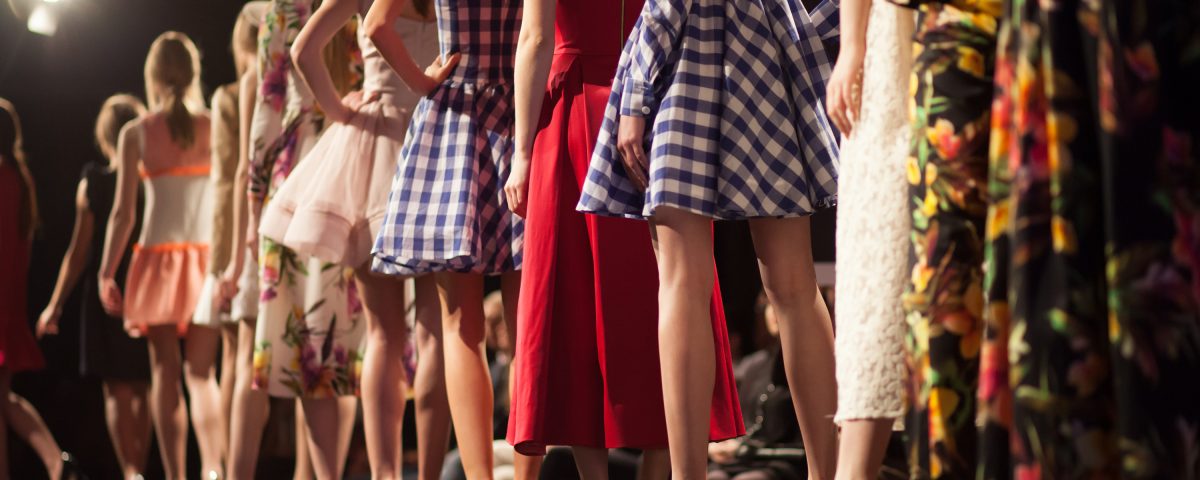Fashion Week & New Modeling Legislation.

FashTech Concerns: Protecting Your Customers & Your Business
September 16, 2016
Sustainability and Transparency: Tips and Considerations for Green Marketing
October 16, 2016As New York Fashion Week draws to a close, we can look back on the spectacles, the crises and the clothes that entertained and inspired us for so many days. But, it is also worth reflecting on the models who wore those clothes and participated in the spectacles. The fashion industry has a near obsession with youth, and the models not only look young, they are often minors. How are these children faring in the concrete jungle? Are they being taken care of? One New York Congresswoman is fighting to make sure they have basic protections.
Representative Grace Meng (D-NY) has introduced legislation that would extend federal workplace safety regulations to models and other young performing professionals.
“It’s Fashion Week again in New York City and I’m continuing to push my bill that would create federal protections for children who work as models and actors,” said Rep. Meng, adding that, “it is critical that kids in the modeling and entertainment industries are adequately protected.”
Currently, there is a patchwork of state laws that provide some protections, but not consistent national standards. Meng’s bill would proscribe a federal floor in four key areas.
First, it would establish a maximum number of hours a child can work, based on age. Too often these young models are subjected to grueling hours that are a hardship for adults, and completely unacceptable for children.
Second, the bill would require monetary compensation as wages. It is a common industry practice to pay models in trade, i.e., clothes and bags that perhaps they modeled. This is not a great financial deal for adult models, but for minors, it is particularly onerous. After all, how many $5000 bags does a child need? The last time I checked, college tuition could be paid with a credit card, not with an It Bag.
Third, to protect children from unscrupulous parents or guardians, the legislation would require 15% of the child’s earnings to be placed in a trust which he or she could access upon reaching the age of majority, 18.
And finally, the bill tackles the sometimes seedy side of the modeling business: sexual harassment. The bill would create a private right action for minors enabling them to sue their employers in the event of sexual harassment.
Congress currently has many critical issues to consider before the election. While this legislation has been referred to the House Committee on Education and the Workforce, no action has been taken. However, our national fixation on youth is not going to change anytime soon, despite the efforts of some in Hollywood. The dangers of exploiting children will continue to persist. Congress needs to look at this timely bill which would have a real impact on children throughout the country and perhaps set an example and a standard for the thousands of child models around the world.
This Article is a guest post by Hilary Jochmans.

